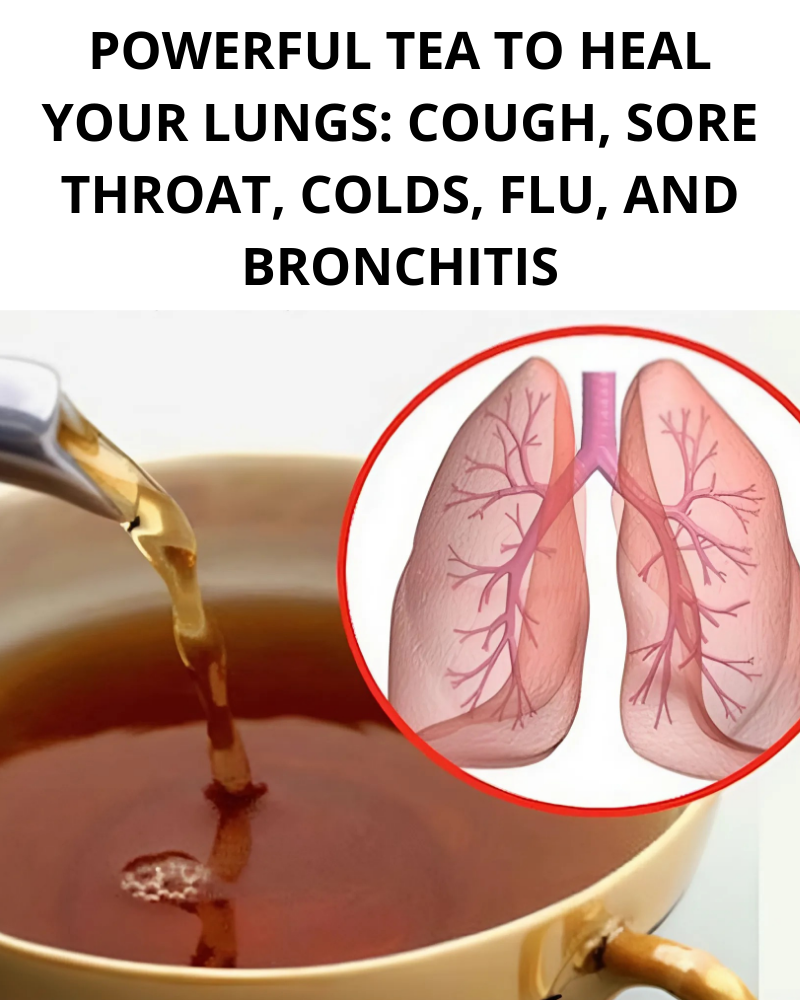
Thyme is a flavorful herb known not just for enhancing meals, but also for its impressive therapeutic properties.
From thyme tea to essential oil and tinctures, this versatile plant offers a wide range of health benefits—from easing coughs and respiratory issues to reducing anxiety and improving skin health.
What Makes Thyme So Powerful?
Thyme (Thymus vulgaris) thrives in sunny climates and has long been valued in traditional medicine. It’s rich in antioxidants and essential nutrients such as vitamins A, C, E, K, and minerals like calcium, potassium, and iron.
Scientific studies show that thyme oil is highly effective against various bacterial strains, including antibiotic-resistant ones.
Thyme Tea and Its Benefits
Thyme tea, made by steeping fresh or dried thyme in hot water, is a gentle yet potent remedy for a range of ailments. It helps alleviate respiratory infections, calm coughs, reduce inflammation, and strengthen the immune system.
Thanks to its antispasmodic and antimicrobial properties, thyme tea is also useful in treating bronchitis, the common cold, sore throats, and even food poisoning.
To prepare thyme tea, simply add 1 tsp of dried thyme (or 3 tsp fresh) to a cup of boiling water. Let it steep for 10 minutes, then strain and sweeten with honey. Drink 2–3 times daily for optimal benefits.

Essential Oil and Tinctures
Thyme essential oil, particularly rich in the compound thymol, has antibacterial, antifungal, and antimicrobial effects. It can be used in steam inhalation to clear respiratory passages or applied topically (diluted with a carrier oil) to treat acne, fungal infections, or minor skin issues. A thyme tincture—made by steeping the leaves in alcohol—can also be used to cleanse skin and reduce acne outbreaks.
Respiratory Relief and Immune Support
Research supports thyme’s ability to reduce coughing, break up mucus, and soothe bronchial passages. Inhaling thyme vapors can also help treat sinus infections or flu symptoms. For sore throats caused by strep or tonsillitis, gargling with cooled thyme tea may reduce bacteria and inflammation.
Digestive and Allergy Benefits
Thyme tea is also a natural remedy for diarrhea, foodborne illnesses, and stomach cramps. Its anti-inflammatory effects extend to easing symptoms of colitis and allergic reactions, making it a helpful herbal option for asthma and seasonal allergies.

Anxiety, Skin Health, and More
Thyme’s calming effect can also reduce anxiety. Drinking thyme tea or inhaling the essential oil helps soothe the nervous system. Studies also show that thyme tinctures may outperform conventional acne treatments like benzoyl peroxide. Additionally, thyme oil is effective at combating mold in the home, offering both health protection and a cleaner environment.
Precautions
While thyme is generally safe, those allergic to herbs in the mint family (like oregano or basil) should avoid it. It may also interfere with blood-thinning medications and has estrogen-like effects, so women with hormone-sensitive conditions should use it cautiously.
Whether you enjoy it in tea, apply it on your skin, or add it to your meals, thyme is a small herb with big benefits.




